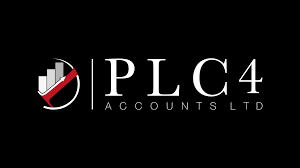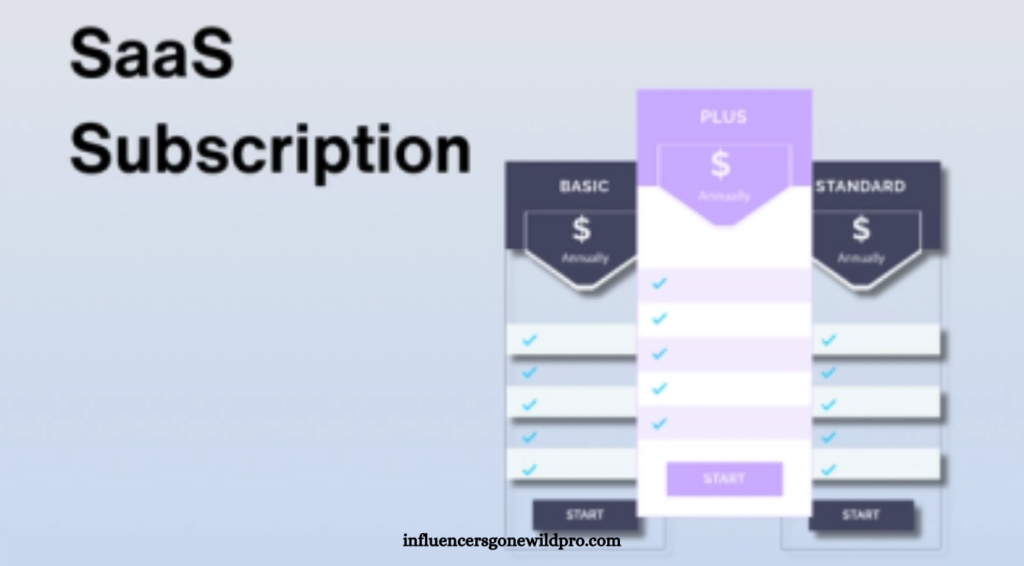Managing finances is one of the most critical – yet time-consuming – tasks for any business owner. For small businesses in the UK, staying compliant with HMRC requirements, keeping up with day-to-day transactions, and preparing for tax deadlines can quickly become overwhelming. That’s why more and more entrepreneurs are turning to outsourced bookkeeping for small businesses UK to simplify operations and focus on what matters most: growing their business.
What Is Outsourced Bookkeeping?
Outsourced bookkeeping involves hiring an external provider to handle your company’s bookkeeping tasks, rather than managing them in-house. These tasks typically include:
- Recording income and expenses
- Bank and credit card reconciliations
- Payroll and pension reporting
- VAT returns and Making Tax Digital (MTD) compliance
- Preparing financial reports
- Managing accounts payable and receivable
In the UK, outsourced bookkeeping services often use cloud-based software like Xero, QuickBooks, Sage, or FreeAgent to keep your records secure, accessible, and up-to-date.
Why Outsourced Bookkeeping Makes Sense for Small UK Businesses
1. Cost-Effective and Scalable
Hiring an in-house bookkeeper or finance team can be expensive, especially for small businesses with limited resources. Outsourced bookkeeping for small businesses UK is typically more affordable, offering flexible packages that scale with your business as it grows. You only pay for the services you need — no training, payroll, or overhead costs.
2. Expertise and Accuracy
Professional bookkeeping firms in the UK are staffed by qualified accountants and bookkeepers who are up-to-date with HMRC regulations, tax deadlines, and best practices. This helps reduce costly errors and ensures your business remains fully compliant at all times.
3. Saves Time and Reduces Stress
Outsourcing your bookkeeping frees up valuable time. Instead of managing spreadsheets or chasing receipts, you can focus on serving customers, improving your product, or expanding your market. It also reduces the risk of errors that can lead to tax penalties or cash flow issues.
4. MTD and VAT Compliance
With the UK government’s Making Tax Digital (MTD) initiative, most small businesses are now required to keep digital records and submit VAT returns using compatible software. Outsourced providers are already set up to meet these requirements, giving you one less thing to worry about.
5. Real-Time Financial Insights
Using cloud-based platforms, outsourced bookkeepers can give you real-time access to your financial reports, cash flow, and profit margins. This means you can make better-informed decisions and spot potential problems before they escalate.
How to Choose the Right Provider
When choosing a provider for outsourced bookkeeping for small businesses UK, consider the following:
- Are they certified (AAT, ICB, ACCA)?
- Do they use MTD-compliant, cloud-based software?
- Can they tailor their services to your industry?
- Do they offer transparent pricing and clear service terms?
- Can they grow with your business?
Conclusion
Outsourced bookkeeping for small businesses UK is not just a cost-saving move — it’s a strategic decision that gives you more time, better accuracy, and peace of mind. With professional support, your business can stay compliant, organised, and financially healthy without the burden of managing everything in-house. Whether you’re a freelancer, a startup, or an expanding SME, outsourcing your bookkeeping could be the smartest investment you make this year.


